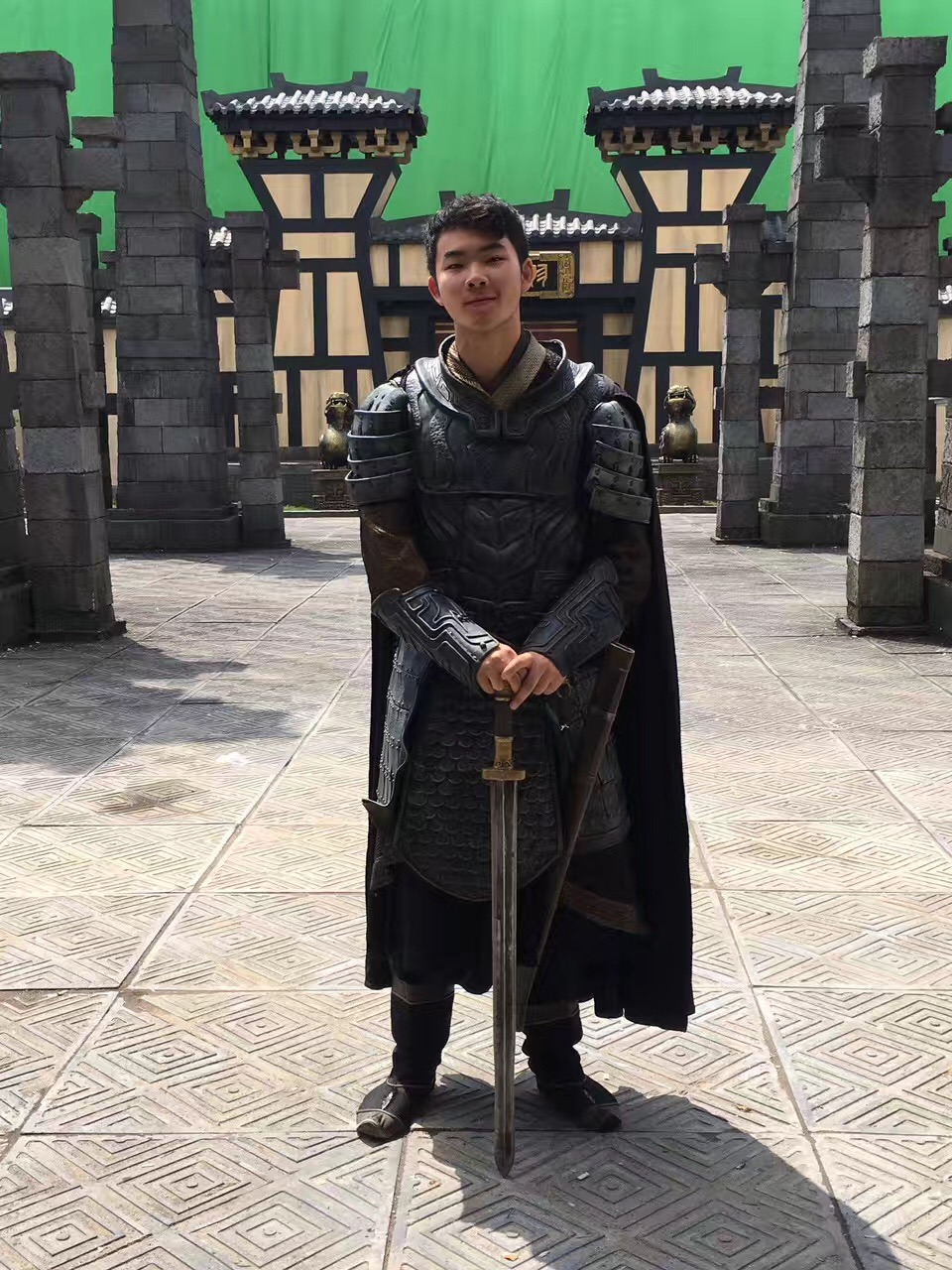About Me

As a young boy my favorite games were what I’ve dubbed ‘atmospheric adventures.’ I reveled in stories where airlocks hissed open to reveal alien vistas, where idiosyncratic characters who spoke witty dialogue faced memorable villains who excelled at every task and never hesitated to escalate a personal vendetta into the threat of cosmic cataclysm. Razputin Aquato or Commander Shepard or Cole Phelps would utilize one of their many abilities, typically some variant of “shoot this guy”, and their epic battles did not center around the moral implications of their actions but more solvable conundrums like “Really? There’s more Chaos Emeralds?”
My love for gaming took a back seat as I ventured into college. The world of film and theater beckoned, and I found myself immersed in a different form of storytelling. I was submerged in the worlds of Hong Sang-Soo and Stanley Kubrick, stories where action tends to be displaced to the realm of talk, and true violence has a destabilizing effect.

During this period, I toyed with being a comedy actor and writer, working as a cast member and staff writer on 'Thursday Nite Live,' a College Emmy-award-winning sketch comedy show at Hofstra University. Across three seasons and 18 episodes, I immersed myself in the collaborative storytelling process of the writers' room, finding creative angles to insert myself into every possible sketch. Nearly a dozen of my scripts found their way to the airwaves, and I relished the opportunity to perform my own sketches, drawing laughter from a live studio audience—an incredible high in its own right. However, a moment of clarity came during a conversation with one of our SNL alumni who explained, "It’s a tough life. You’ve got to want it more than anything else." And I didn't. My passion leaned more toward writing; I appreciated the anonymity it offered and found myself captivated by the process of crafting entire universes, rather than fleeting appearances in one-off gags.
My journey then led me to China, where I became entangled in an ill-fated television drama 'Win the World' (赢天下), once touted as the most expensive show in Chinese history. As the dust settled, I found myself at a consulting firm in Beijing, thrust into a life-changing chapter. Fate had a peculiar twist in store; my tenure coincided with the onset of the COVID-19 pandemic. Locked down far from home, I had ample time for reflection. It was during those solitary months that my love for gaming, once buried beneath dreams of show business, rekindled with a newfound intensity.
Let us pause so I can wax euphoric. Falling out of love with gaming is like falling out of love with life itself. It's a depressing, dark place to be. Luckily, you can rediscover it the same way you discovered it in the first place - by playing and loving games. I was struck by one in particular, ‘Nier: Automata’, how it captured something essential about the human condition through familiar game systems, but in such a creative and thoughtful way that what it accomplished feels plainly original.
That’s not to say there's no conceptual or discursive aspect; the narrative is rich with pop sociology and philosophical depth. What sets it apart is the understanding of video games as a unique medium with their own aesthetic and technical language. Automata's core concept is an open-world RPG about free will and free choice, but it's designed to make you feel powerless and inconsequential as a player. Most games are so fundamentally, perhaps even subconsciously, designed around the idea of succeeding as the player that Automata's deliberate rejection of this dynamic is, in its own way, one of the boldest statements the medium's ever made. It doesn't want to be your power fantasy; it wants to be a world that you inhabit but do not control.
‘Undertale’ and ‘Spec Ops: The Line’ similarly understand how a meta twist is supposed to work in a game (as opposed to film), because it actively makes use of and plays off the audience-participation aspect of gaming to accomplish its goal. What intrigued me the most about these games was examining how different designers approach what exactly they want to "break" in the medium; some are content with simply subverting a standard trope, whereas others are much more interested in taking on the actual, literal "rules" of their art form. It speaks volumes about our relationship with games as consumers and designers, that we're mostly eager to see these norms subverted, rather than challenged in a more basic sense.

My journey has been a winding one, with twists, turns, and unforeseen obstacles. Yet, it has brought me to a place where my childhood passion and career have converged. I am now serving as narrative designer and creative director on a game that explores the rich tapestry of China's history, culture, and stories—a project that resonates with my own narrative journey. As I step into this new chapter, I am inspired by the worlds I once explored as a young gamer and by the exciting possibilities that lie ahead in the ever-evolving landscape of game narrative design.